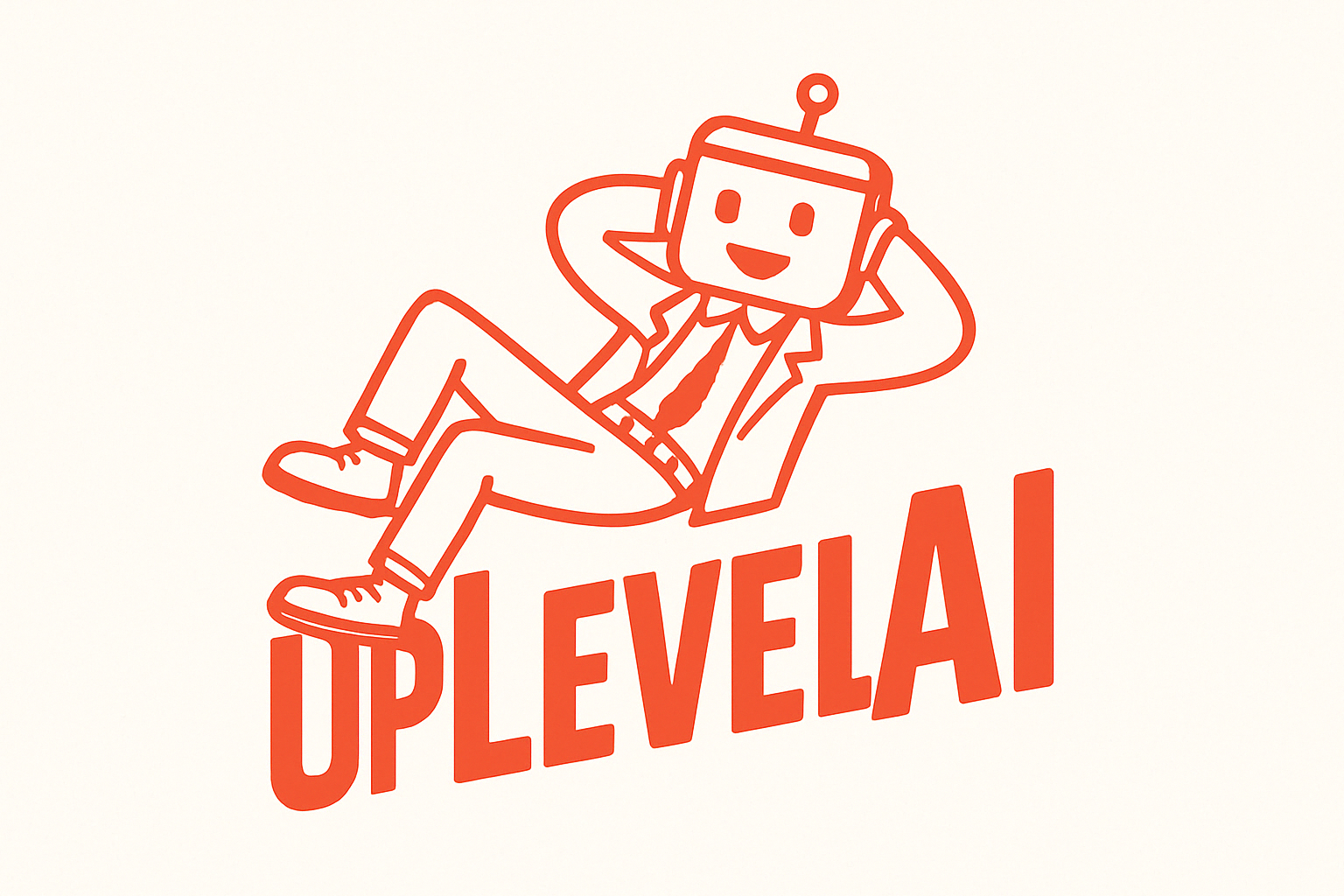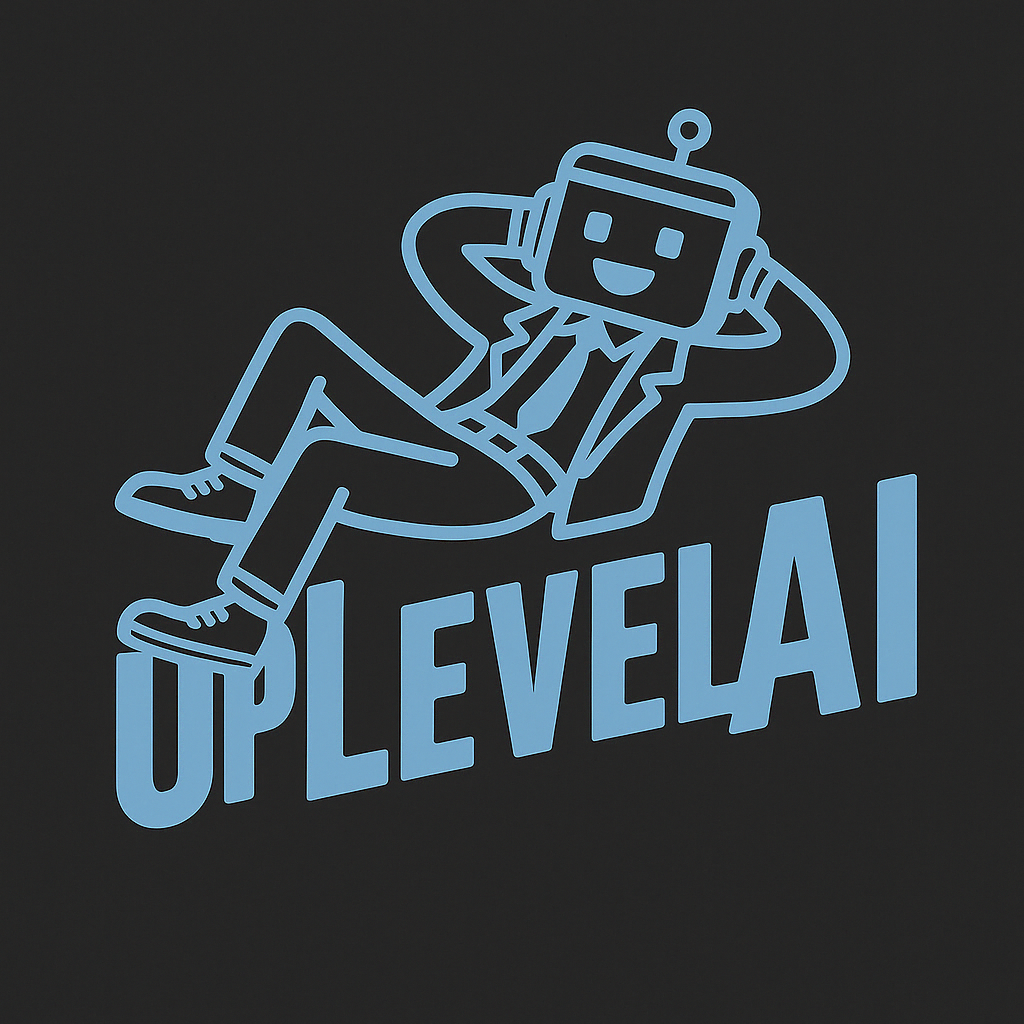Top Insights from 4 Leading AI Newsletters This Week

If you're like me and want to keep up with the latest in AI despite limited time, this one's for you!
With breakthroughs emerging daily, keeping up can feel overwhelming. This week, I explored four standout AI newsletters from creators I trust — Dan from It’s Better With AI, Nitin Sharma, Rowan Cheung from The Rundown AI, and Zain Kahn from Superhuman AI.
Here’s a streamlined round-up of the most valuable insights — from noteworthy healthcare advancements to productivity tools that actually deliver results.
1. Top AI Tools for Productivity – Dan’s It’s Better With AI
Dan’s latest newsletter wades through the noise to highlight practical AI tools that actually simplify tasks and boost productivity.
🔎 Key Tools Recommended:
- Best Writing & Coding AI: Claude – Great for complex writing (tone/syntax), and video script creation.
- Best Research AI: Perplexity AI – Delivers fast, accurate insights with clear citations.
- Best Image Generator: MidJourney – Produces professional visuals for branding and marketing (from physical products to clothing).
- Best Automation Tool: Make.com – Automates tasks and integrates multiple platforms.
- Best AI Voice Generator: ElevenLabs – Creates lifelike, emotion-filled voices for content.
- Best for Research & Notes: NotebookLM – Organises research and generates clear summaries.
- AI for Music Creation: Suno – Generates full songs from text prompts.
💡 Takeaway for Founders:
This was a nice breakdown of Dan's top tools based on his experience and credibility in the space. I'll definitely be checking out Make.com, ElevenLabs and Suno!
2. AI-Powered YouTube Automation – Nitin Sharma’s AI Made Simple
In his latest newsletter, Nitin Sharma builds on Dan's tool recommendations, sharing strategies to streamline YouTube content creation.
🔎 Key Strategies and Tools:
- Channel Setup: Use ChatGPT for names, descriptions, and content ideas.
- Scriptwriting: Draft scripts with Claude for improved storytelling.
- Voiceovers & Visuals: Use ElevenLabs for realistic AI voiceovers.
- Video Editing: Tools like Opus Clip, Runway ML, and Hedra simplify editing and repurposing.
- Content Research: Use Perplexity AI to find trending video ideas.
- Outreach Automation: Embed personalised video GIFs in email campaigns to boost engagement.
- Faceless Video Creation: Use Pika Labs for short, AI-generated video clips.
💡 Takeaway for Founders:
This shows the power of combining tools for better outcomes. By combining Claude, ChatGPT, ElevenLabs, and Perplexity AI, you can drastically reduce content production time while improving on quality. I find combining tools often delivers better results across a number of use cases (e.g. blog writing).
3. AI’s Near 99% Accuracy in Cancer Detection – Rowan Cheung’s The Rundown AI
This one was huge. Rowan Cheung’s latest newsletter highlighted ECgMLP, an AI model that detects endometrial cancer with 99.26% accuracy, outperforming specialists.
🔎 Key Details:
- Also excels in detecting:
- Colorectal cancer: 98.57%
- Breast cancer: 98.20%
- Oral cancer: 97.34%
- Its specialised attention mechanisms detect subtle patterns often missed by specialists.
- This improves on traditional diagnostic methods, which average 78-81% accuracy.
- Global Impact: ECgMLP could help democratise cancer screening, improving early detection in underserved regions.
💡 Additional Insights from The Rundown AI
- Hunyuan T1 (Tencent's AI Model): Offers 2x faster speeds with reduced computing demands — ideal for education, finance, and legal tech.
- AI Video Automation: Synthesia enables fast, personalised video creation for scalable marketing.
- Perplexity AI’s TikTok Strategy: Perplexity AI plans to rebuild TikTok’s recommendation algorithm to be US-compliant, with AI citation integration, open-source transparency, and improved recommendation models for better content accuracy.
💡 Takeaway for Founders:
This shows how powerful AI is becoming in high-stakes, regulated fields like healthcare. For founders in healthtech, this breakthrough is a reminder that AI can open new doors for medical innovation, early diagnosis, and improved patient outcomes. This echoes another awesome recent innovation in melanoma detection already used by a number of NHS trusts.
4. Key Innovations from Zain Kahn’s Superhuman AI
Zain Kahn’s latest newsletter explored emerging innovations in AI, science, and tech — including bold moves from unexpected players.
🔎 Key Insights:
- AI-Powered Web Automation: Startup Invisible launched a multi-agent AI system that mimics human teamwork — outperforming OpenAI’s latest release in web navigation tasks.
- Molecular Discovery Innovation: VantAI’s Neo-1 combines protein prediction with molecular design, offering a more versatile and efficient alternative to DeepMind’s AlphaFold 3.
- Gmail’s AI Overhaul: Gmail’s new AI feature now surfaces emails by relevance instead of date, improving search results for important contacts and frequently accessed emails.
- Website Cloning with AI: Same.new allows users to replicate website layouts using simple prompts — ideal for designers and developers.
💡 Takeaway for Founders:
Zain’s insights reveal how AI is rapidly evolving beyond creative and productivity tools, unlocking new opportunities to tackle real-world challenges in science and infrastructure.
In Other News
OpenAI announced a leadership shakeup: Sam Altman will focus on technical work, while Brad Lightcap, Mark Chen, and Julia Villagra take key leadership roles — signalling OpenAI's focus on stability and research. Meanwhile, new image model Reve Image 1.0 topped the Artificial Analysis Image Arena benchmark for excelling at generating text within images — a task where many models fall short. Lastly, the ARC-AGI-2 benchmark is challenging AI models to solve problems using reasoning rather than memorisation. While humans score 100%, top AI models are struggling, scoring below 4%, showing that true "human-like" thinking remains a major challenge for AI.
In my next post, I’ll share how you can easily use AI to summarise newsletters like these in minutes, so you can stay informed without getting overwhelmed.

